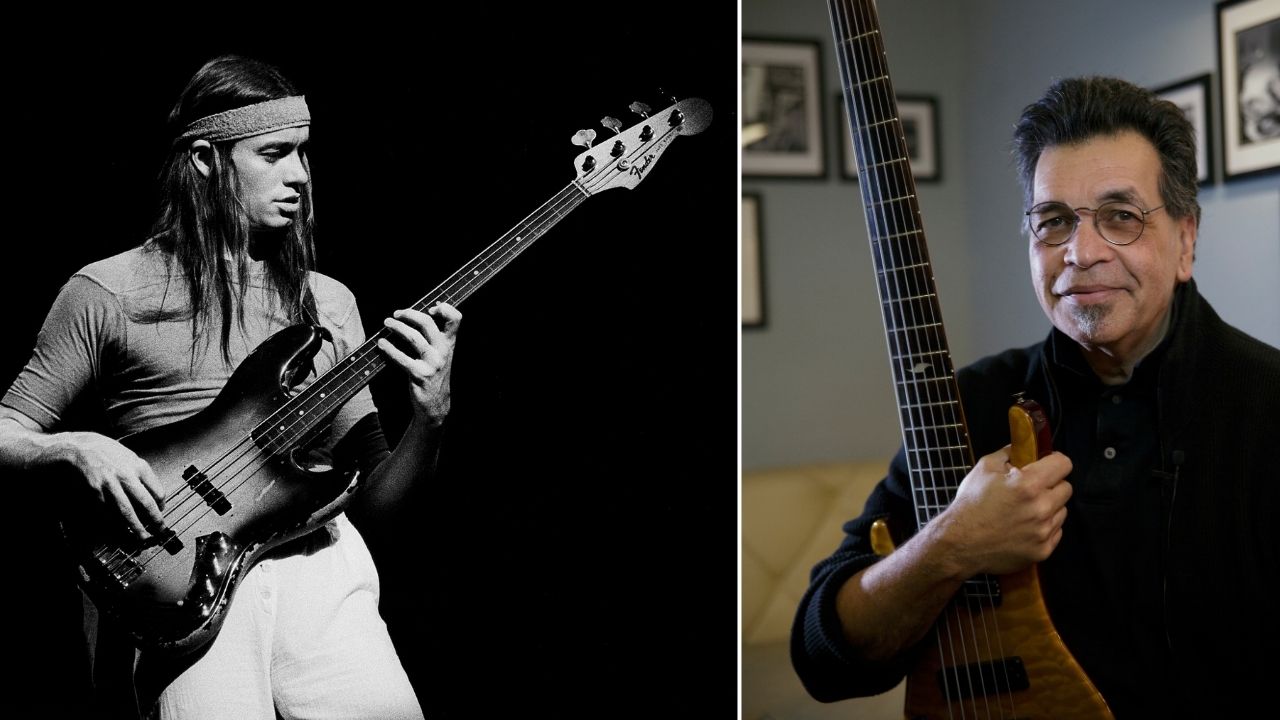“Name a jazz player that means something. You can be respected by musicians, but the rest of the world doesn't care. That music is intended to show off how well you play”: Gene Simmons on why technical skill doesn't really matter
The Kiss bassist values memorable music over displays of virtuosity – and singled out jazz to hammer home his point

Gene Simmons is one of music’s most decorated bass guitar players, and across his career with Kiss has had a hand in shaping an absolute boatload of hits.
But he is clear that he’s no virtuoso of his chosen instrument. In fact, Simmons never really wanted to be considered as such, and – while he respects virtuosos themselves – doesn’t value “virtuosity” as a concept, preferring instead to pursue memorability over technical skill.
In a new interview with Guitar World, Simmons discusses how he doesn’t like “show-offs in music” – which, he believes, is what virtuosos are – and articulated his point by taking aim at jazz players.
“I don't consider myself – and was never really interested in being – a bass virtuoso,” he explains when reflecting on his catalog of hits. “I don't like show-offs in music. I'm much more attracted to things that are memorable. It's part of the joy of music for me.
“You can be a jazz player and be respected by musicians, but the rest of the world doesn't care,” Simmons adds. “We're going to play a game: name a jazz player that means something.
“How about John McLaughlin? He's a great player. But here's a question: can you hum any melody that he's ever played on a solo? Of course not.
“All due respect, but that music is intended to show off how well you play – but I don't care about that. The hardest thing to do is write a good simple song or riff. That's really hard.”
All the latest guitar news, interviews, lessons, reviews, deals and more, direct to your inbox!

It wasn’t just jazz guitarists who were caught in the line of fire, with Simmons later extending his observations slightly closer to home turf.
“There are an awful lot of amazing bass players, like Jaco Pastorius and the jazz guys. Or guys like Flea, who is really good on his instrument, but I can't remember anything he plays – and I also do not like the sound of a bass being slapped.”
For Simmons, the adage “less is more” is gospel, and he’d much rather fewer notes that everyone remembers, as opposed to 100 notes that are easily forgettable.
He reflects, “Clapton, before he went pop, and when he was considered 'God,' he was interviewed, and he said something very profound: 'The hardest thing to do is to know what notes to put in a solo, and what notes not to put in a solo.'
“Sometimes, if it's shockingly simple, and barely moving at all, but I can hum it, that's what matters because it's memorable.”

Matt is the GuitarWorld.com News Editor, and has been writing and editing for the site for five years. He has a Masters in the guitar, a degree in history, and has spent the last 19 years playing everything from blues and jazz to indie and pop. During his GW career, he’s interviewed Peter Frampton, Zakk Wylde, Tosin Abasi, Matteo Mancuso and more, and has profiled the CEOs of Guitar Center and Fender.
When he’s not combining his passion for writing and music during his day job, Matt performs with indie rock duo Esme Emerson, and has previously opened for the likes of Ed Sheeran, Keane, Japanese House and Good Neighbours.
